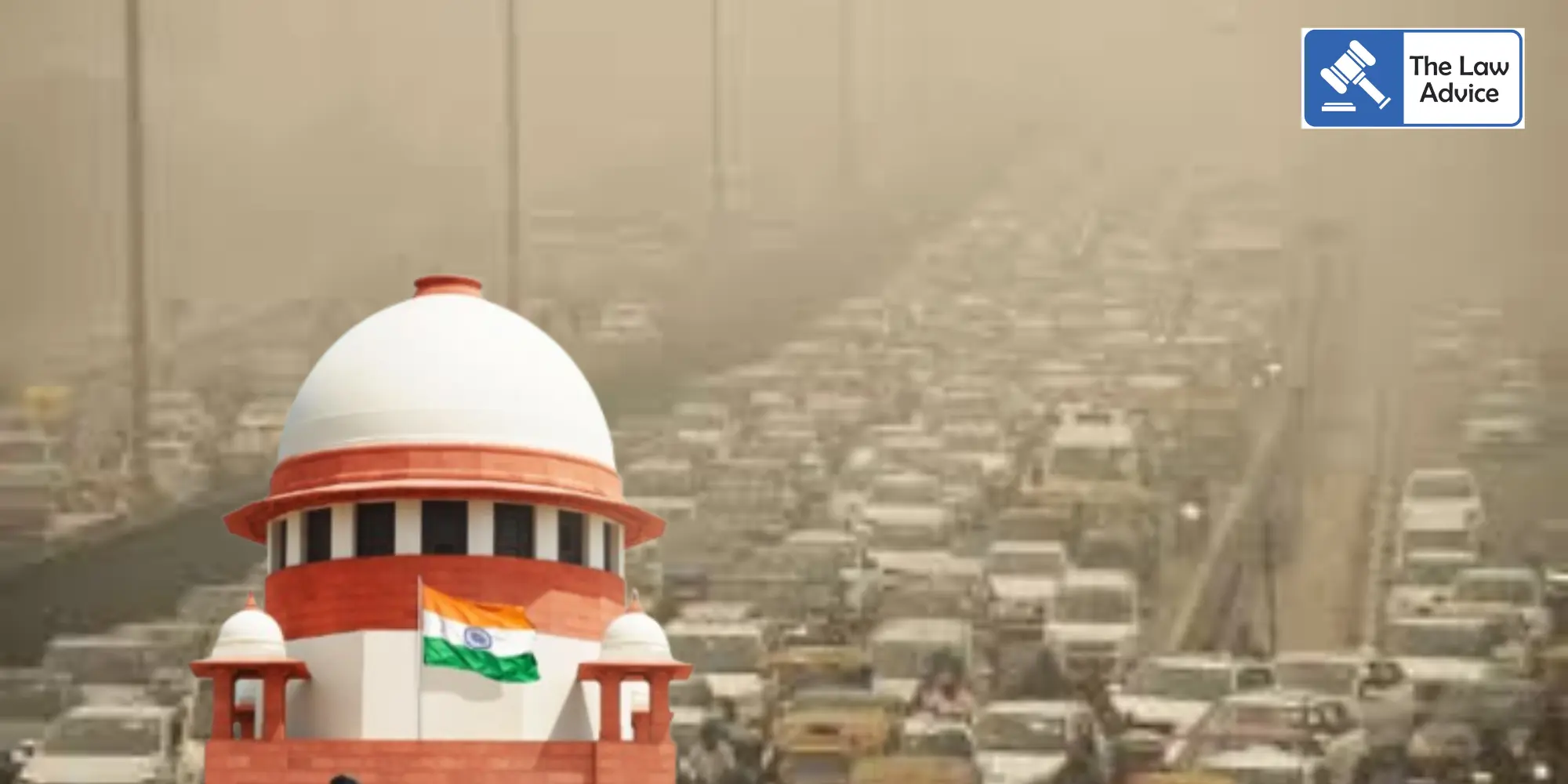
While agreeing on Thursday to list the matter of Delhi’s worsening air pollution (the MC Mehta case) next Monday, the Supreme Court of India acknowledged that the judiciary cannot conjure up instant solutions.
“What magic wand can a judicial forum exercise?” asked the Chief Justice of India, Surya Kant, in response to the plea by Senior Advocate Aparajita Singh — the amicus curiae in the case — who had urged urgent hearing, calling the present air-quality crisis in the National Capital Region a “health emergency.”
CJI Surya Kant recognized the gravitas of the situation but cautioned against expecting immediate miracles through court orders. He remarked: “We all know the problem. We need to identify all the reasons. There is no one single reason; it would be a mistake to think so.”
He emphasized that identifying the root causes — which span many sectors — is best left to domain experts and scientists, rather than courts. The Court must first ascertain “what committees the government has constituted” and determine what remedial measures are practicable in each region. The amicus informed that the Commission for Air Quality Management (CAQM) is already seized of the issue and has been issuing directives.
Recognising the need for long-term strategy and continuous oversight, CJI Surya Kant lamented how this case is often listed “in a ceremonial way” around Diwali every year, only to disappear once winter passes. He urged for sustained monitoring instead of seasonal attention. “Let us have regular monitoring,” he said.
Assuring a more committed judicial engagement, the Chief Justice said: “We will take it up. We will take it up on a continuous basis.”
Notably, the CJI admitted that the air quality in Delhi has deteriorated so severely that he himself has avoided outdoor walks.
Website designed, developed and maintained by webexy